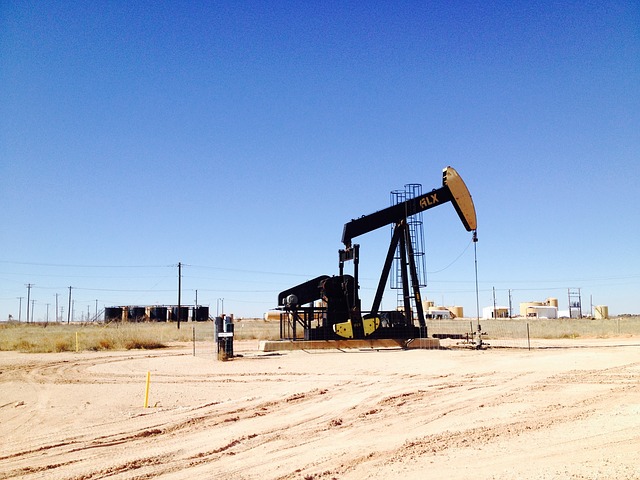To many, fracking might seem like the answer to our prayers. A “clean” fuel, with 1,327 trillion cubic feet of it available in the UK alone. But is it all too good to be true?
The facts
Although this form of energy might have only gained traction in the last few decades, it is by no means a new technology. The first fracking well was implemented in 1862 in Fredericksburg. It was commercialized in the 1930s, and since, has rapidly expanded with over 1.1 million wells currently active in the USA.
Fracking is the process of drilling giant bore-holes into the ground, sending highly pressurized water and chemicals into the rock-bed, and then allowing the methane gas to travel back up the hole. The increased use of fracking has made the US the largest oil and gas producer in the world. It’s predicted to become energy independent by 2020 because of this.
The US has 3.7 trillion barrels’ worth of shale reserves. And natural gas releases only 50% the amount of CO2 than an equivalent amount of coal. So why aren’t we building fracking wells all over the place?
The ugly facts
Though fracking has been lauded as the savior to our energy crisis, there is a dark side to this technology. Natural gas is primarily composed of methane, which is a highly flammable gas. Transport and handling of methane must be carefully managed, and numerous safety measures must be put into place. Further measures must be taken to ensure that none of the, so called, “frack-fluid” is allowed to seep into the groundwater. This water used in the process is pumped full of harmful chemicals making it incredibly difficult to treat. In most cases is instead left abandoned, in giant cesspools, sealed over with concrete. This water can then corrode into the groundwater which supplies water to local houses. The chemicals in the water can cause many health issues and can sometimes lead to death.
An intermediate solution
Fracking is not the correct solution for global warming now that environmental changes have become too quick. Scientists have urged the public that if global temperatures rise above two degrees Celsius, our planet could become unrecognisable. With wide-spread coral bleaching, freak weather incidents and crop failure being just a few of the predicted consequences.
Already 50% of the Great Barrier Reef has died. International fishing stock, such as Bluefin and yellowfin tuna are expected to collapse in 2050. 20% of the Amazon Rainforest has disappeared. We are already 100 times above background extinction rate with up to 200 species of animals and plants lost every day. And most frightening of all, there is only a 5% chance of the planet heating up by only 2 degrees by the turn of the century, the most likely number is looking to be 3.2 degrees.
With these statistics, there is simply no way we can say fracking is the solution. Though it may cut carbon dioxide emissions by a small amount, this is no longer enough. We need to turn our eyes to more radical solutions; renewable energies, nuclear power and hydrogen fuel cells – this is our future.
Written by Sophie Z.




